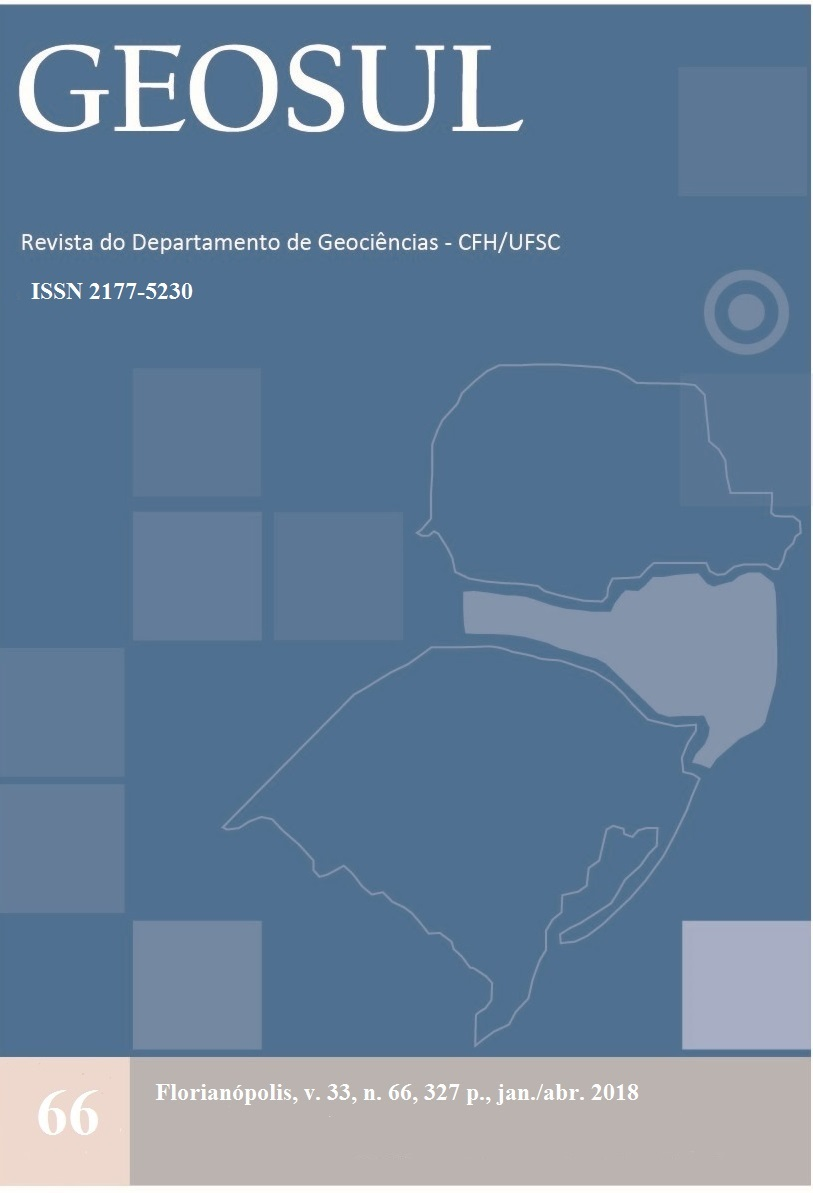El ethos puritano, el espacio absoluto newtoniano y la geografía inglesa de los siglos XVIII y XIX
DOI:
https://doi.org/10.5007/2177-5230.2018v33n66p172Resumen
actitudes para el protestantismo ascético general, se convertiría en la principal responsable del desarrollo científico inglés en los siglos XVIII y XIX. Esa construcción, elaborada por Robert K. Merton en su artículo Puritanismo, pietismo y ciencia de 1936 tuvo como telón de fondo la obra La ética protestante y el espíritu del capitalismo de Max Weber publicada en 1904. En ese trabajo Merton buscó que resaltar algunas especificidades de la conducta social derivada del ethos puritano, y que estarían claramente asociadas a la conducta de los científicos ingleses. En nuestra construcción se intentó establecer un paralelo entre las reflexiones de Merton y la lectura del "sistema mundo" presente en la estructuración de la ciencia newtoniana. Por fin se buscó comprender cómo el espacio newtoniano acabó influenciando en la construcción de la Geografía inglesa.
Descargas
Publicado
Número
Sección
Licencia

Este trabalho está licenciado com uma Licença Creative Commons - Atribuição 4.0 Internacional.





